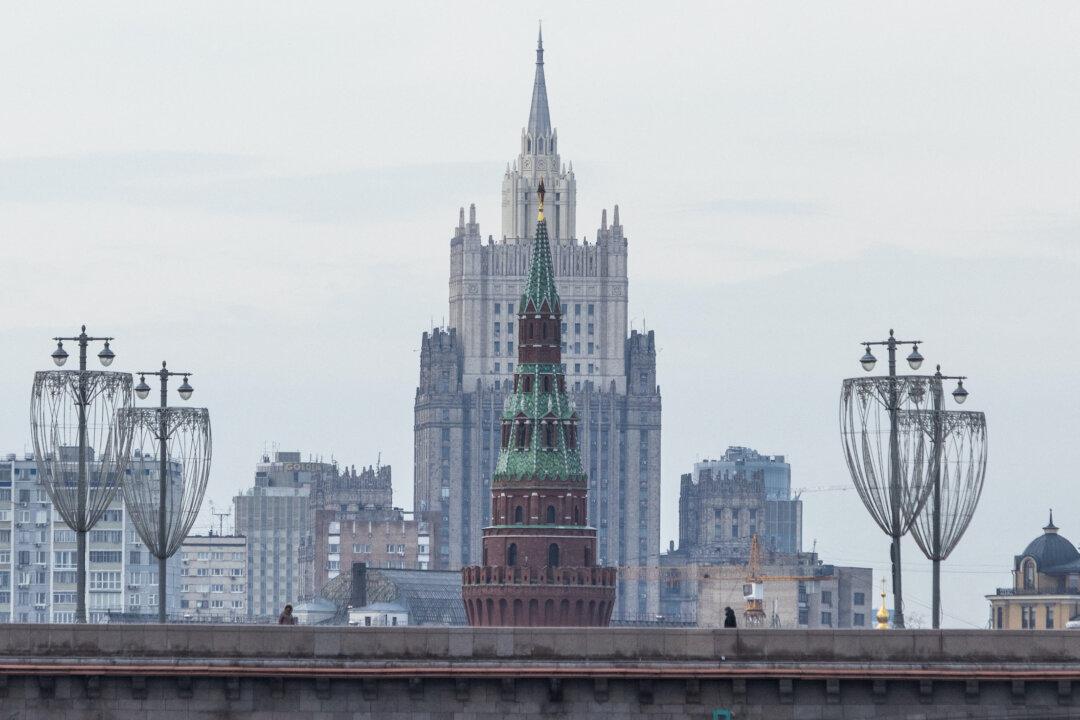Russia and the West are now locked in a state of “deep confrontation,” Kremlin spokesman Dmitry Peskov said in an interview broadcast on a Russian television channel on July 14.
“We are currently at the stage of deep confrontation, sharp confrontation, with no prerequisites [for negotiations] in sight,” he said, according to the Tass news agency.





